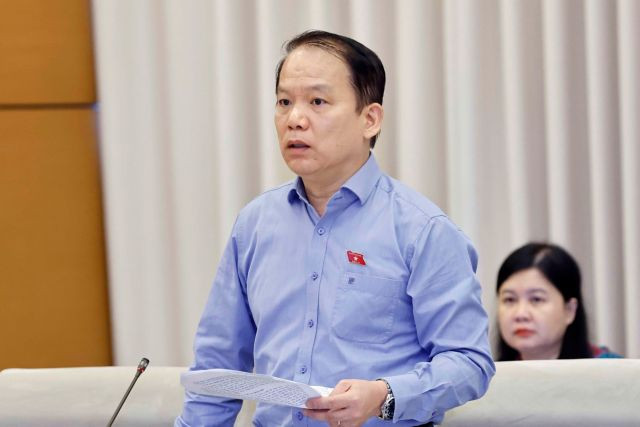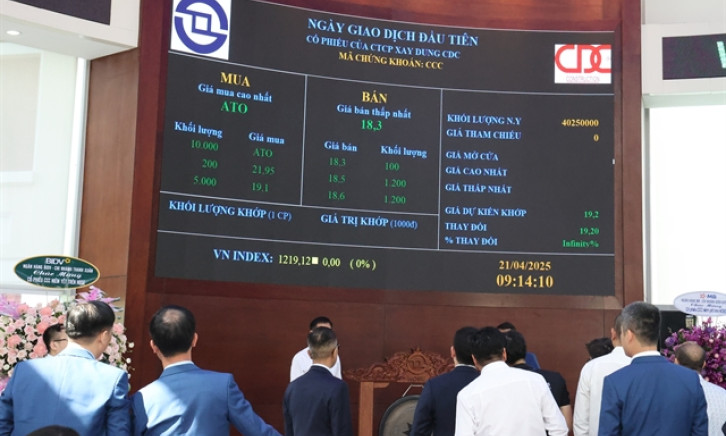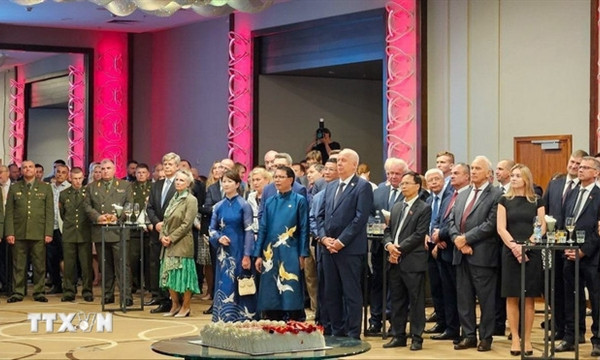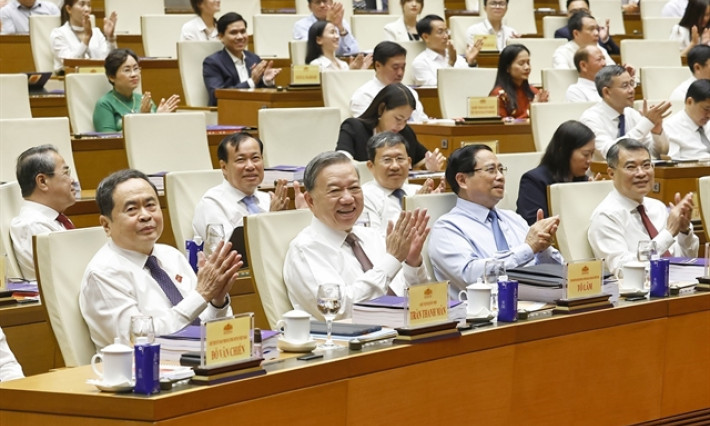Revised Law on Human Trafficking Prevention expands protections, targets fetal sales
The proposed changes include a broader definition of human trafficking, increased support for victims and a new prohibition on the sale of fetuses.
Lawmakers have discussed revisions to the Law on Human Trafficking Prevention that aim to strengthen Việt Nam's fight against human trafficking.
The proposed changes include a broader definition of human trafficking, increased support for victims and a new prohibition on the sale of fetuses.
Lê Thị Nga, Chairwoman of the National Assembly's Committee on Judicial Affairs, believed that the new definition, covering three core elements, will allow the country to tackle real-world challenges more effectively and move closer to international norms.
Regarding the concerns about consent, she emphasised that under the revised law, anyone under 18, regardless of their expressed consent, is considered a victim of trafficking.
This recognises that minors cannot fully comprehend the implications of their decisions and require heightened legal protection.
For adults, consent is only a factor in the absence of coercion, threats, or deception, which are essential elements in defining human trafficking. The revised law includes transitional provisions to manage the impact of these changes in defining a victim.
She also acknowledged the reality of children born to trafficked mothers.
While these children aren't direct victims unless agreements were made to sell them pre-birth, the revised law now includes provisions to support all individuals under 18 connected to trafficking cases.
This support covers basic needs, healthcare, psychological assistance, travel costs, legal aid, and language interpretation services.
Regarding the sale of fetuses, she clarified that while a fetus is not legally a person, such sales often lead to child trafficking after birth. To prevent this, the revised law explicitly prohibits 'the sale of fetuses and agreements to sell people while they are still fetuses.'
Finally, she highlighted a new provision that outlines the responsibilities of the Hồ Chí Minh Communist Youth Union in preventing human trafficking, which has received written approval from the organisation's Central Committee.
Hoàng Thanh Tùng, Chairman of the NA's Committee on Legal Affairs, were all for the broadened definition of human trafficking, noting its intent to leave no potential victims unprotected.
To further align the definition with the Penal Code and the Law on Adoption, he suggested adding the phrase 'except as otherwise provided by law' after the term 'other material benefits.'
The proposed ban on 'the sale of fetuses and agreements to sell people while they are still fetuses' also received widespread support, but sparked debate over the precise wording needed to guarantee clarity and enforceability.
While discussing the issues on Tuesday, Bùi Văn Cường, NA Secretary-General and Chairman of the NA Office, proposed an alternative language, 'selling people who have been conceived,' while NA Vice Chairman Trần Quang Phương and Chairwoman of the NA's Committee on Social Affairs Nguyễn Thúy Anh felt the current wording in the revised law is already sufficiently clear and comprehensive.






